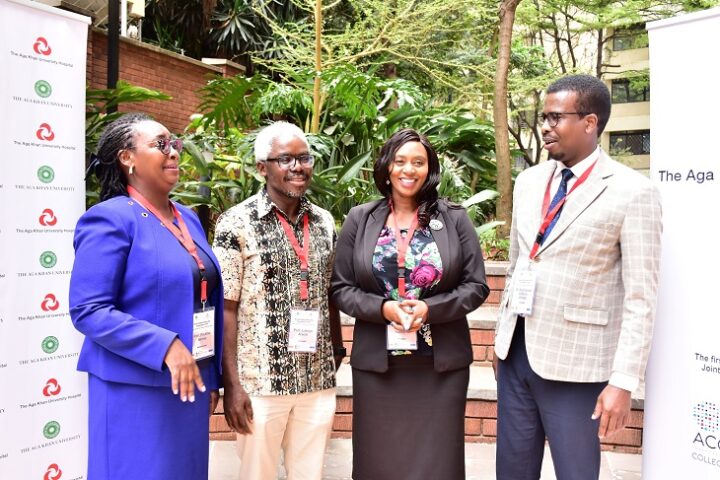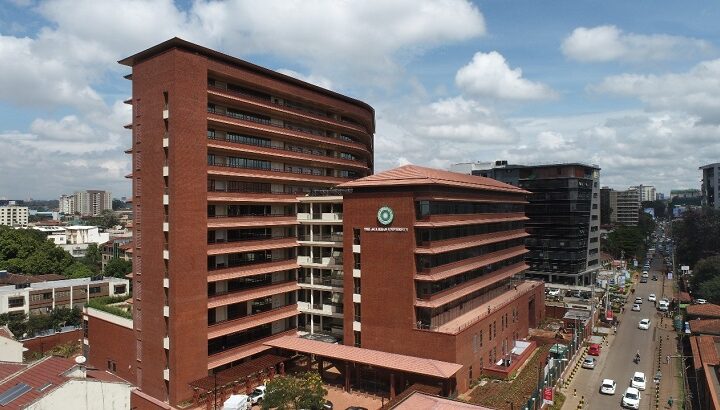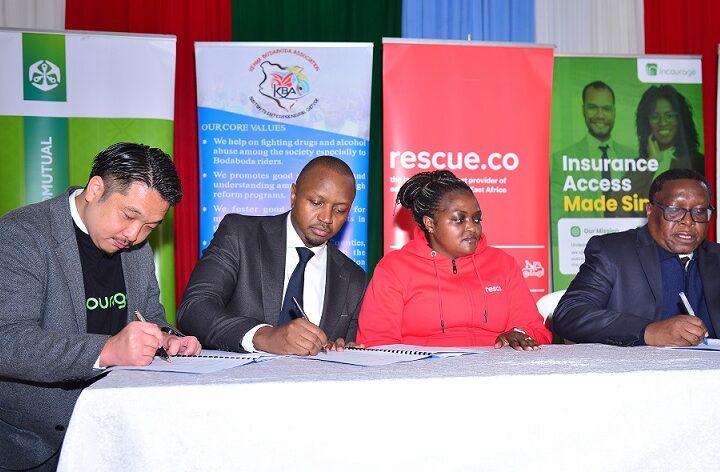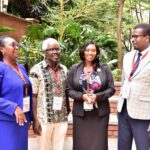Psoriasis is one of the skin ailments that rarely receive attention, particularly in countries like Kenya, where it is not so prevalent. As a result, many of its victims end up suffering the consequences of misdiagnosis leading to stigma and isolation.
Psoriasis is among the most misunderstood skin diseases, especially in Africa where it is only now gaining sufficient attention. Previously, it was often mistaken to be ringworms, dandruffs, or ‘rashes’ of some kind, common misdiagnoses that made it difficult to treat. Often, those affected ended up living lifetimes without ever understanding their ailment.
Psoriasis is a chronic (life-long) disease in which the immune system becomes overactive, causing skin cells to multiply too quickly – up to 10 times faster This causes patches of skin, mostly on the scalp, elbows, or knees, to become scaly, inflamed and itchy, although other parts of the body can be affected as well. The disease affects over 100,000 people in Kenya according to the Global Psoriasis Atlas, a leading epidemiological resource on psoriasis.
Unfortunately, the absence of accurate information amongst communities about the disease has fuelled harmful myths, with some people believing it to be contagious. This misunderstanding contributes to a lack of empathy and support for those suffering from the disease, by fuelling fear and discouraging supportive relationships.
Such lack of awareness and understanding often leads to stigma and isolation for many affected individuals. This is especially among children, who suffer ridicule and isolation, although many adults also face similar consequences because in most cultures, appearance plays a significant role in social interactions. The situation is worsened by the feeling of itchiness, causing victims to consistently scratch the affected parts, sometimes creating open wounds. As a result, those with psoriasis often feel compelled to hide their symptoms, in a bid to avoid shame and alienation.
But there is an opportunity for change and it starts with the education of communities to change their perceptions and foster a more supportive environment for individuals with the ailment. Health campaigns aimed at dispelling myths and promoting understanding can help reduce stigma. Community engagement initiatives that bring together healthcare professionals, patients, and the public can also play a vital role in this educational effort. It is important to have affected persons share their stories and experiences during these fora to humanize the condition and break down barriers while encouraging compassion.
Access to healthcare is another crucial issue. In many parts of Africa, medical resources can be limited, and the treatments for uncommon diseases like psoriasis may not be readily available. This situation necessitates advocacy for better healthcare infrastructure and training for healthcare providers to recognize and manage the disease effectively.
In Kenya, for example, there are just over 30 registered dermatologists against a population of 53 million people. This implies that there’s only one dermatologist attending to the needs of around 1.7 million people. Increased investment in dermatological training can, therefore, influence earlier diagnosis and more effective management, improving the quality of life for many individuals. This is something we have seen at AAR Healthcare’s Outpatient facilities, where patients who have suffered in silence gain new confidence after proper diagnosis by our inhouse dermatologists and the initiation of treatment and management.
Meanwhile, support groups and networks can provide a vital lifeline for those affected by psoriasis. These platforms can offer not just information, but also emotional support and camaraderie. Knowing that others share similar struggles can empower individuals to seek the care they need. Thankfully, social media, has created the opportunity to join global networks and support groups, sometimes anonymously, giving psoriasis patients the opportunity to understand the disease in-depth, including its care and management.
Related Content: AAR Hits 40 Years, Plants 40,000 Trees In A Day
The writer is the General Manager of AAR Healthcare, the leading provider of outpatient medical services in Kenya










